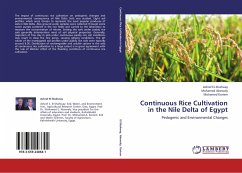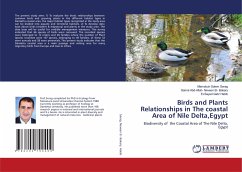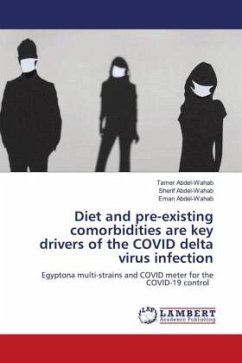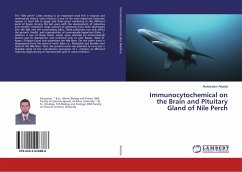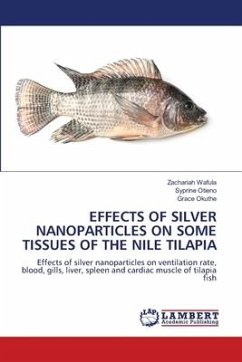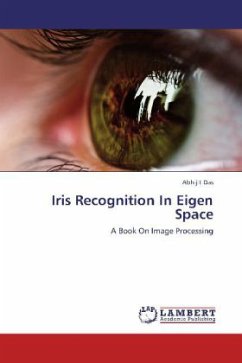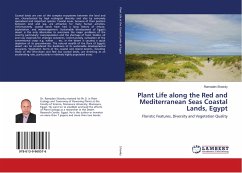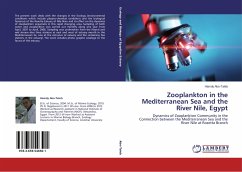The impact of continuous rice cultivation on pedogenic changes and environmental consequence of Nile Delta Soils was studied. Eight soil profiles, which were chosen to represent the most popular produces of soils in Nile Delta. Also ground water samples were collected through some water pumps scattered in the rice fields and carried to the laboratory to measure the concentration of nitrate. Setting the soils under paddy rice soils generally deterioration most of soil physical properties. Generally, migration of fine clay in soils under continuous paddy rice soil conditions may result in close the fine pores, causing gleying conditions. The pH values of the investigated soil profiles under paddy rice soils were typically around 8.36. Distribution of exchangeable and soluble cations in the soils of continuous rice cultivation to a large extent is in great agreement with the rule of dilution effect of the flooding conditions of continuous rice cultivation.
Bitte wählen Sie Ihr Anliegen aus.
Rechnungen
Retourenschein anfordern
Bestellstatus
Storno

